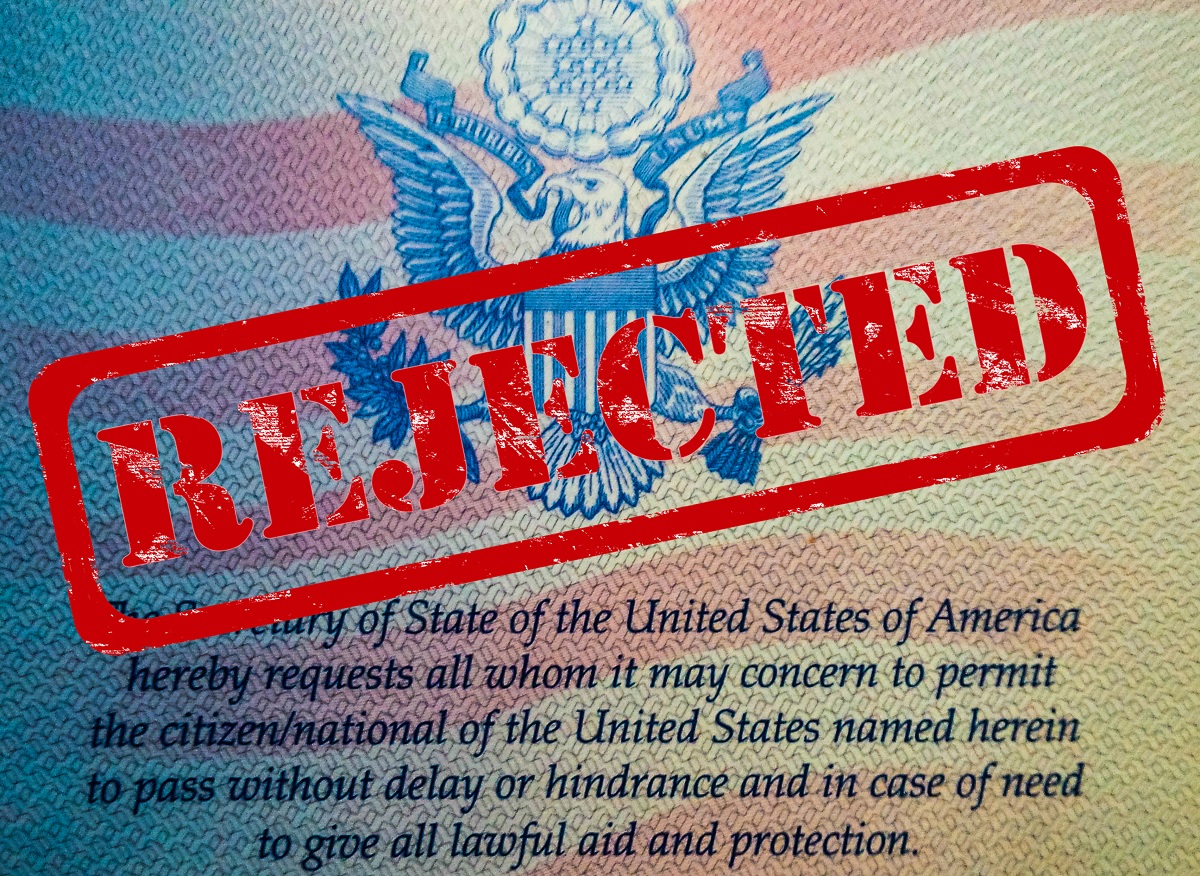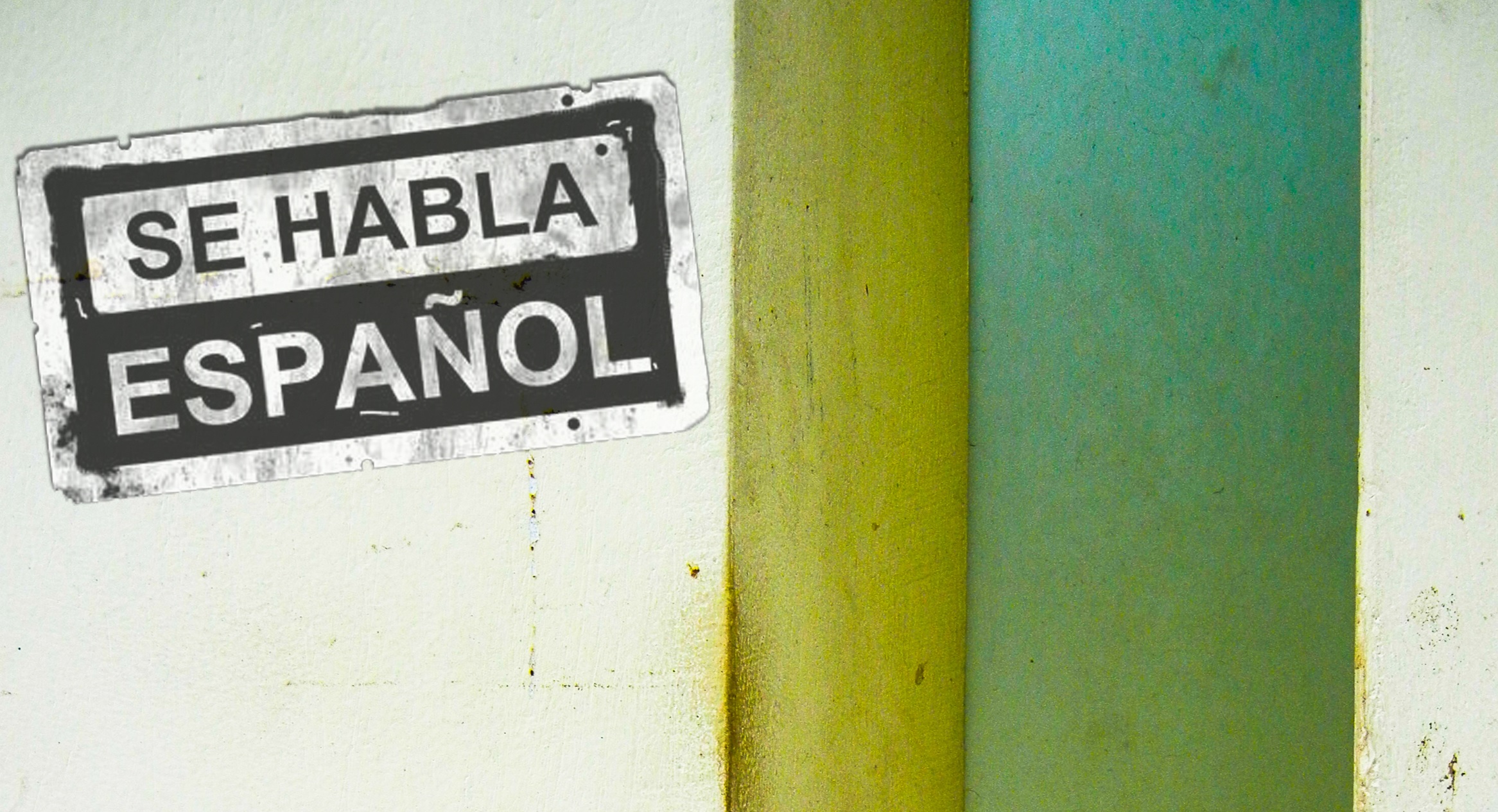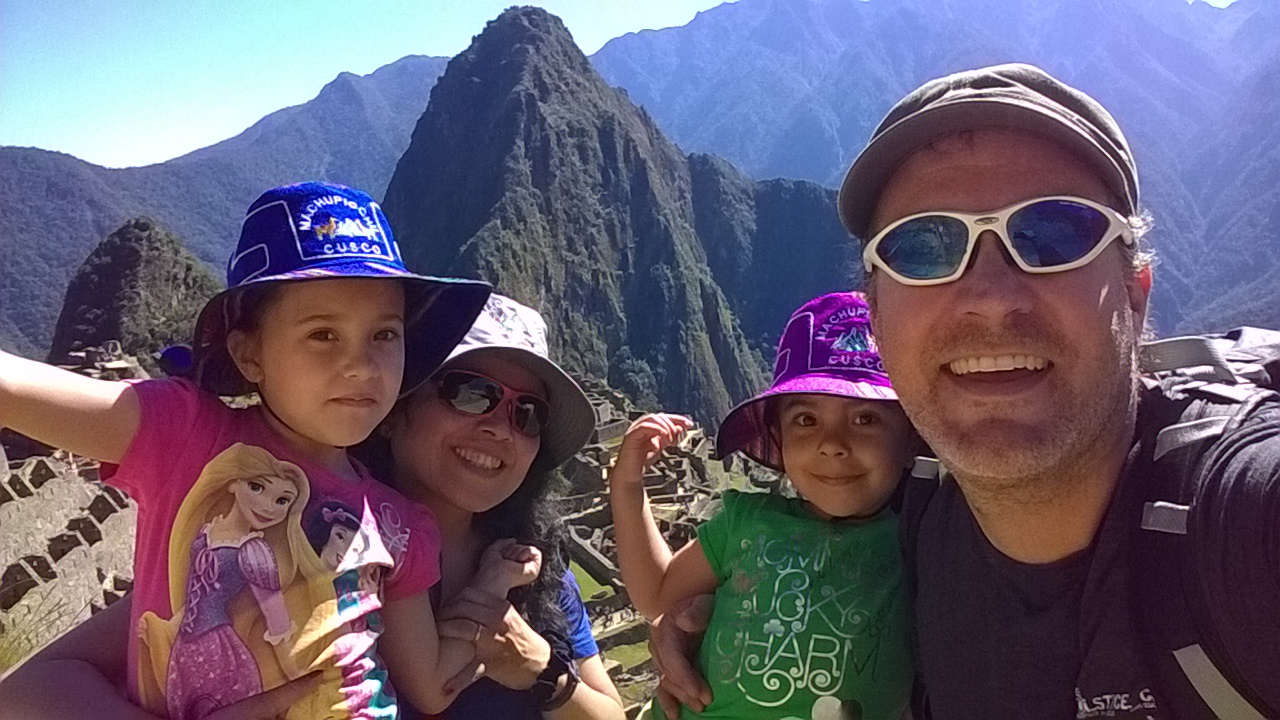I remember going to the US Embassy in Lima to turn over a stack of documents to apply for my wife’s residence visa in pursuit of a green card. My wife was a Peruvian citizen at the time, and we’d been married in Lima several months before.
For me, the process was simplified by the fact that I’d lived in Lima for the previous year. In order to prove I’d been in Lima, I was required to get a form from Peruvian Immigration that detailed all my entries into the country. The fact that I’d lived with my wife for a year accelerated the process. There were a few additional steps for the folks that meet on the internet and come down and get married on a weekend.
It’s never a pleasant trip to go to the US Embassy in Lima. You aren’t treated particularly well and any gesture you make let alone the words you actually say are met with an air of skepticism and suspicion. To be fair, when I first moved to Lima in 2001, the embassy was car bombed, so elements of their caution are understandable. However, it’s a deep pit to crawl out of when people view you as a criminal before you even say a word. Honest people get nervous when they’re grilled, while con artists remain calm. In some ways I think the system is easier for con artists to navigate and that honesty works against you.
The impression you get at the Embassy is that the officers you deal with (with some exceptions) are more focused on finding evidence to incriminate you rather than discovering the truth. You, as an applicant for a visa, are powerless. The phrase, “seek and ye shall find” comes to mind.
I’d worked with a lawyer in the US who had, over the phone, helped me compile the stack of papers that I needed. When my number was called at the embassy, I approached the window with this stack of papers in hand.
The officer that gazed back at me through the thick glass didn’t say a single word. She appeared to be Peruvian rather than American which struck me as odd. Actually, there are a lot of people who work at the US embassy that don’t appear to be American citizens. Security outside the wall looks to be local government, which is strange because you’d think the US government would employ US citizens for that kind of work.
“I’m here to apply for a resident visa on behalf of my wife,” I declared.
The officer said nothing, she just pointed at my stack of papers and gestured to the paper slot. I stuck the whole folder into the slot.
She picked up the first paper on the stack and looked at it.
“This is the wrong form,” she said, and then instantly looked past me as if I were dismissed. My lawyer had advised me this might happen, so I’d printed out the requirements from the US Immigrations web page and I held up the sheet with the correct form number highlighted.
“No, that is the correct form,” I said, “this print out is from your web page and it confirms that is the form.”





No Comment